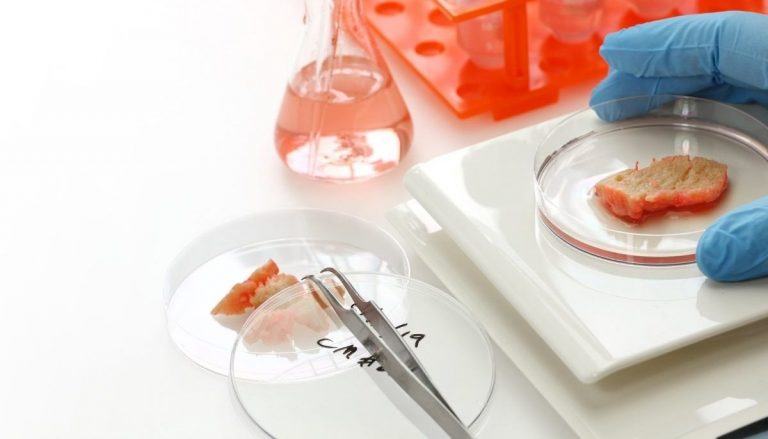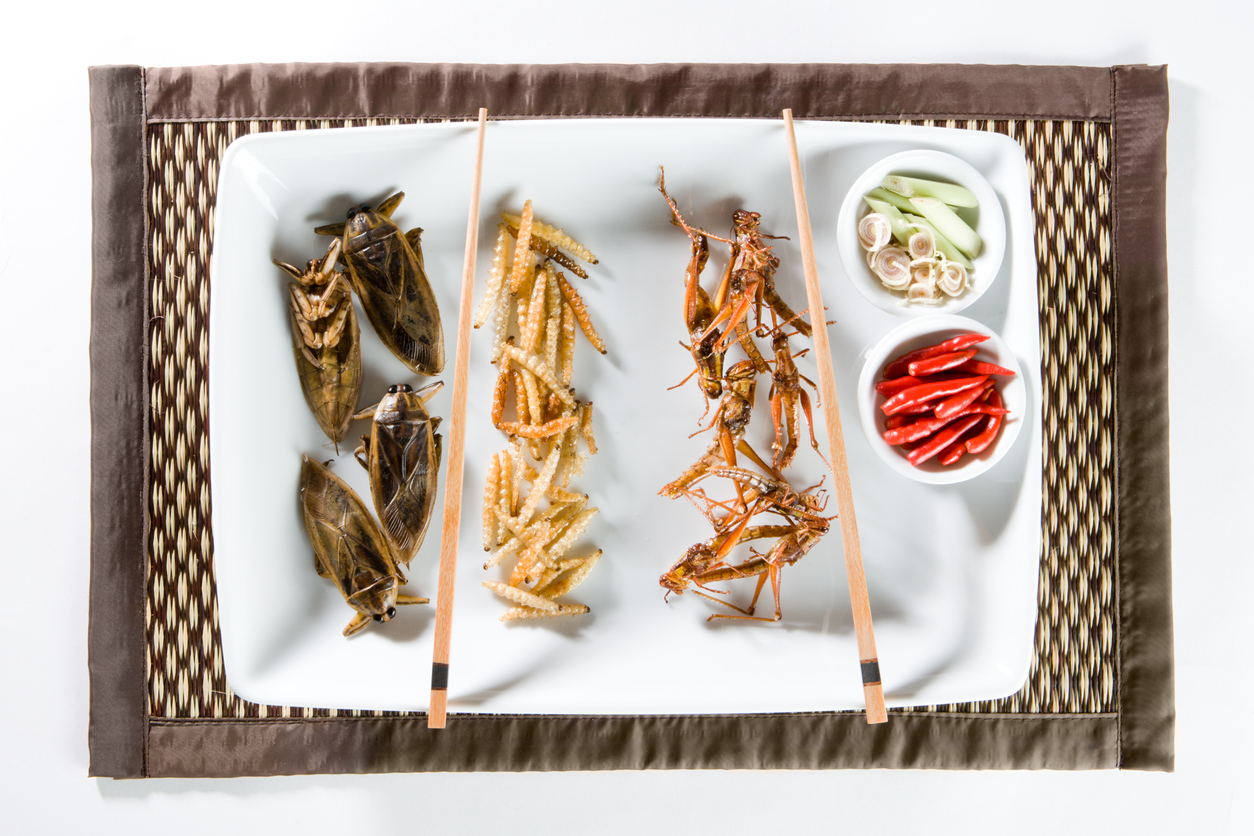UK alternative protein market saw 290% rise in investment in 2021, with fermentation reaching record high

Image credit: Mosa Meat
UK-based companies developing alternative protein sources raised £212 million in investments in 2021, according to new data released by the Good Food Institute (GFI).
The figure represents a 290% increase from 2020, where brands raised a total of £55 million. Fermentation companies, which use microorganisms to produce alternatives to traditional animal protein, were the biggest winners in 2021, data shows. Start-ups in this field raised £36 million – a figure up from just £1.47 million in 2020.
Meanwhile cultured meat companies, which use animal cells to grow meat in a lab environment, also fared impressively well last year – raising £25 million in investments.
Plant-based companies went from £50 million in investments in 2020, to £150 million in 2021.
As the GFI details, consumers are more acutely aware of the benefits of switching to alternative protein than ever and this is the main driver behind the success of the industry.
“These foods enable people to eat the meat they want, without contributing to the problems caused by animal agriculture – which is responsible for 20% of all greenhouse gas emissions, as well as driving deforestation, antibiotic resistance and pandemics,” the GFI says.
“Research shows that plant-based meat causes up to 90% less emissions and uses up to 99% less land than farming animals. Cultivating meat from cells could cut the climate impact of meat by up to 92%, reduce air pollution by up to 93%, and use up to 95% less land and 78% less water.”
Much of the figure is built of different liquidity deals, such as the acquisition of Milton Keynes-based Gosh! Food by Portuguese conglomerate Sonae.
Stats on the state of the UK’s sustainable protein market are part of a wider global snapshot. Sustainable protein companies working across Europe fared particularly well in 2021.
The European sector raised more than £1.84 billion last year, the GFI reports. Most of this was achieved through liquidity events, such as Brazilian food giant JBS – the largest conventional meat company in the world – acquiring Dutch company Vivera for $415 million (£308 million), or Swedish company dairy-free milk producers Oatly raising just over $1.4 billion (£1.04 billion) after its IPO on the Nasdaq.
Globally, alternative protein companies secured £3.72 billion in invested capital. Regions in Asia, with China specifically taking a lead, are enjoying their own alternative protein boom.
Carlotte Lucas, corporate engagement manager at the Good Food Institute Europe, said: “It’s great to see that investors are diversifying and starting to recognise the potential of British fermentation and cultivated meat companies.
“However, although the invested capital in UK sustainable protein companies has grown at an impressive rate, it remains a tiny fraction of what we are seeing raised in other parts of the world.
“The UK, with its entrepreneurial spirit and scientific expertise, has a real opportunity to be at the forefront of this dynamic global industry. But to deliver on this potential and build a more sustainable food system, the government must boost investor confidence further by funding critical R&D to scale up production and bring down costs.”








